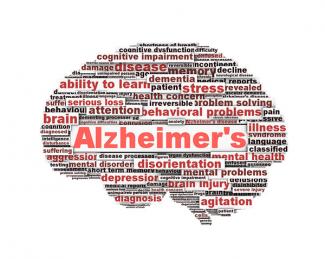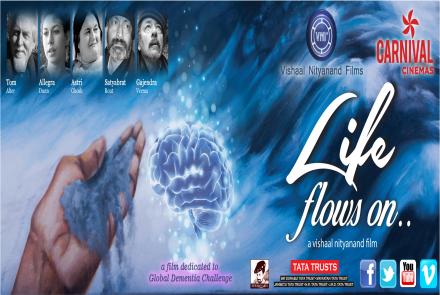Alzheimer's disease is a neurological disorder (disorder of the nervous system) in which the death of brain cells causes memory loss and cognitive decline.

How is Alzheimer’s disease diagnosed?
There's no specific test today that confirms you have Alzheimer's disease. It is mainly based on the information that the patient or family member provides and results of various tests that can help clarify the diagnosis.
To help distinguish Alzheimer's disease from other causes of memory loss, the following types of tests can be helpful:
- Medical history
- Neurological exam – Reflexes, coordination, muscle tone and strength, eye movement, speech, sensation
- Lab tests: Such as thyroid disorders or vitamin deficiencies
- Mental status testing
- Neuropsychological testing
- Brain imaging: Magnetic resonance imaging (MRI), Computed tomography (CT), Positron emission tomography (PET)
- Future diagnostic tests: Additional approaches to brain imaging, more-sensitive tests of mental abilities, and measurement of key proteins or protein patterns in blood or spinal fluid (biomarkers) are recent advances in diagnosis, which are being further developed in the research lab.
Changed
27/Jun/2017
Community
Condition














